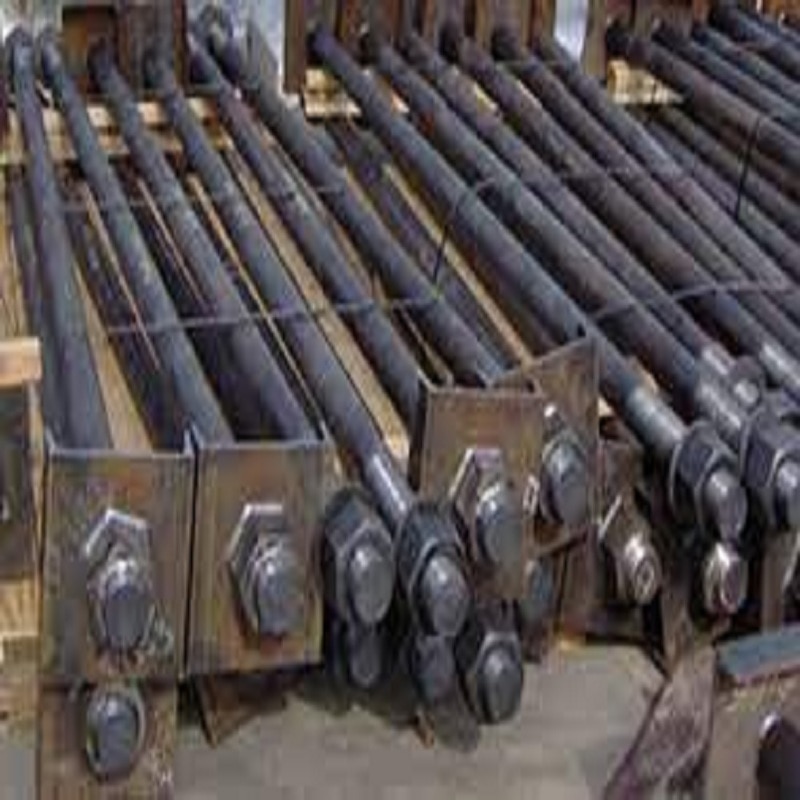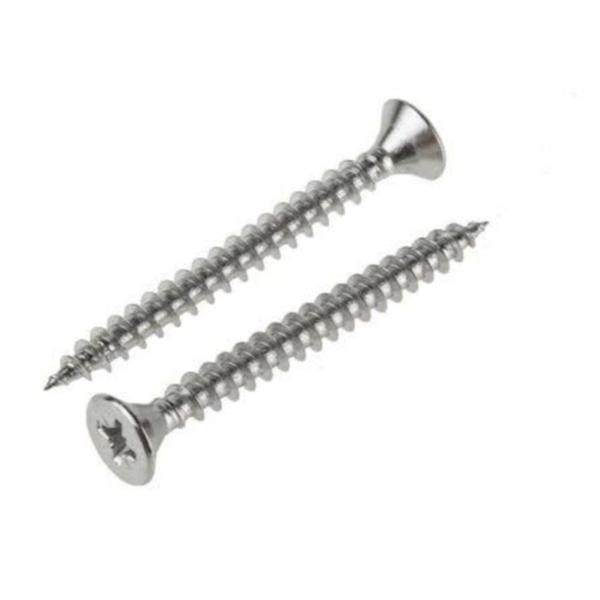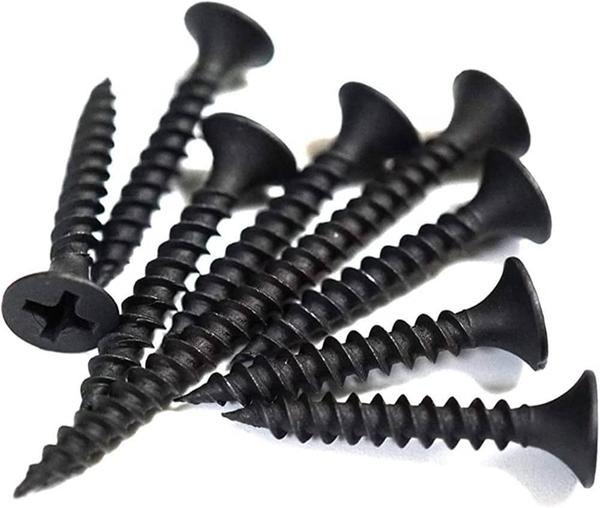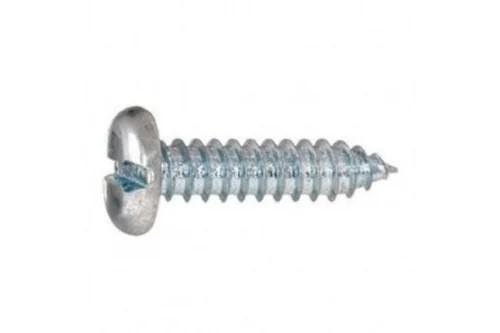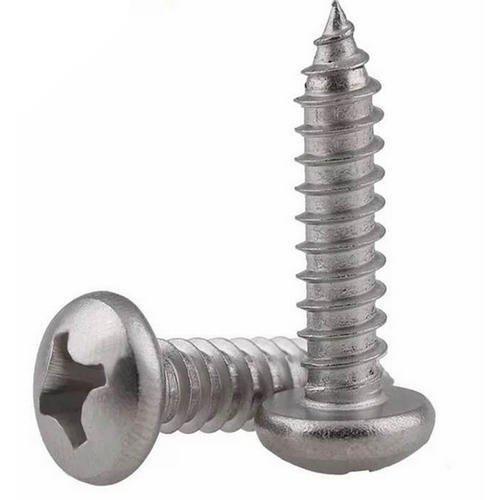Description
Product details
DIN 529 is a German standard that specifies the technical requirements for foundation bolts used in construction. These bolts are used to anchor structures to concrete or masonry foundations. The standard covers specifications for size, strength, material, and other properties of foundation bolts. The purpose of the standard is to ensure safety and reliability in the design and use of foundation bolts. The technical specifications of DIN 529 foundation bolts include the following: Size: The standard specifies the nominal size and thread size of the foundation bolts. Strength: The bolts must meet specified minimum tensile strength and yield strength requirements. Material: The bolts can be made of carbon steel, alloy steel, or stainless steel. The standard specifies the chemical composition and mechanical properties of each type of material. Surface finish: The surface of the foundation bolts must be free from defects such as cracks, pits, and rust. Marking: The bolts must be marked with the manufacturer's name, trade mark, or symbol, as well as the size and material grade. Testing: The standard requires that foundation bolts be tested for compliance with the specified requirements, including tensile strength and yield strength tests. These are the main technical specifications of DIN 529 foundation bolts. The standard also includes additional requirements and recommendations for the design and use of foundation bolts. The chemical composition of DIN 529 foundation bolts depends on the type of material used. The standard allows for three types of material: carbon steel, alloy steel, and stainless steel. Carbon steel: The standard specifies the minimum and maximum limits for the carbon content, manganese content, phosphorus content, and sulfur content of carbon steel foundation bolts. Alloy steel: The standard specifies the minimum and maximum limits for the carbon content, manganese content, phosphorus content, sulfur content, and other alloying elements of alloy steel foundation bolts. Stainless steel: The standard specifies the minimum and maximum limits for the chromium content, nickel content, molybdenum content, and other alloying elements of stainless steel foundation bolts. It is important to note that the exact chemical composition of foundation bolts may vary depending on the manufacturer and the specific application. The chemical composition requirements specified by the standard are intended to ensure that the foundation bolts have the necessary strength, toughness, and corrosion resistance for their intended use. The mechanical properties of DIN 529 foundation bolts are specified by the standard to ensure that the bolts have the necessary strength, toughness, and ductility for their intended use. The main mechanical properties include: Tensile strength: The minimum tensile strength required for foundation bolts is specified by the standard. The tensile strength is the maximum load that a bolt can withstand in tension before breaking. Yield strength: The minimum yield strength required for foundation bolts is specified by the standard. The yield strength is the load at which the bolt begins to permanently deform. Elongation: The minimum elongation required for foundation bolts is specified by the standard. Elongation is a measure of the ductility of the bolt, or its ability to deform without breaking. Hardness: The maximum hardness required for foundation bolts is specified by the standard. Hardness is a measure of the resistance of the bolt to indentation and wear. These are the main mechanical properties of DIN 529 foundation bolts. The standard also includes additional requirements and recommendations for the design and use of foundation bolts, including specifications for testing procedures and methods of inspection. DIN 529 foundation bolts are used to anchor structures to concrete or masonry foundations. They are commonly used in construction projects such as buildings, bridges, and towers, where a secure connection to the foundation is required. The bolts are installed by drilling holes in the foundation and setting the bolts in place. The nuts and washers are then tightened to secure the structure to the foundation. The use of foundation bolts is important for ensuring the stability and safety of structures. The bolts provide a secure connection between the structure and the foundation, resisting horizontal and uplift forces that can cause the structure to move or tip over. The standard specifications for size, strength, material, and other properties of DIN 529 foundation bolts ensure that the bolts are suitable for their intended use and provide reliable performance. The manufacturing process of DIN 529 foundation bolts typically involves the following steps: Raw material preparation: The raw material (carbon steel, alloy steel, or stainless steel) is cut to the appropriate length and heated to the required temperature for forging. Forging: The heated raw material is forged into the desired shape using hammers, presses, or forging machines. The forging process improves the strength and ductility of the material. Heat treatment: The forged bolts are heat treated to improve their mechanical properties, such as tensile strength and yield strength. The heat treatment process may involve quenching and tempering, or other heat treatment methods. Machining: The forged bolts are machined to their final size and shape, including the threading of the shank. Surface finish: The surface of the bolts is finished to remove any defects and improve corrosion resistance. This may involve cleaning, pickling, and passivating, or other surface finish treatments. Testing: The bolts are tested to ensure that they meet the specifications set forth by the DIN 529 standard, including tensile strength, yield strength, and other requirements. Marking: The bolts are marked with the manufacturer's name, trade mark, or symbol, as well as the size and material grade. This is a general outline of the manufacturing process for DIN 529 foundation bolts. The exact manufacturing process may vary depending on the manufacturer and the specific requirements of the application. The standard specifications ensure that the foundation bolts have the necessary strength, toughness, and corrosion resistance for their intended use. The DIN 529 standard specifies the requirements for suitable nuts and washers to be used with foundation bolts. The nuts and washers must meet the following requirements: Material: The nuts and washers must be made of a material that is compatible with the foundation bolt, such as carbon steel, alloy steel, or stainless steel. Strength: The nuts and washers must have sufficient strength to resist the loads imposed by the foundation bolt and the structure. Finish: The nuts and washers must have a surface finish that is compatible with the foundation bolt, and that provides adequate protection against corrosion. Size: The nuts and washers must be of a suitable size to fit the foundation bolt, with the correct diameter, thickness, and pitch. Marking: The nuts and washers must be marked with the manufacturer's name, trade mark, or symbol, as well as the size and material grade. It is important to use nuts and washers that are specified by the standard and that meet these requirements to ensure that the foundation bolts provide reliable performance. The use of unsuitable nuts and washers can compromise the strength and stability of the foundation bolts, and may lead to failure or damage to the structure. DIN 529 is a German standard for foundation bolts, and there are other standards that specify the requirements for foundation bolts in different countries and regions. Some alternative standards to DIN 529 include: ASTM A307 - American Society for Testing and Materials (ASTM) standard for carbon steel bolts and studs. BS 3692 - British Standard for high-strength steel bolts and nuts. JIS B 1170 - Japanese Industrial Standard for steel bolts, nuts, and washers. ISO 898-1 - International Organization for Standardization (ISO) standard for mechanical properties of fasteners made of carbon steel and alloy steel. AS/NZS 4100 - Australian/New Zealand Standard for high-strength structural bolts. These are some of the alternative standards for foundation bolts that are used in different countries and regions. The exact specifications and requirements of these standards may differ from DIN 529, and it is important to use the appropriate standard for the intended application and location. The use of alternative standards may require the use of different sizes, materials, and types of nuts and washers, and it is important to ensure that the alternative standards are compatible with the foundation bolts and the structure.


